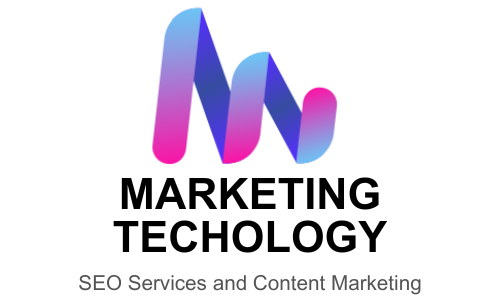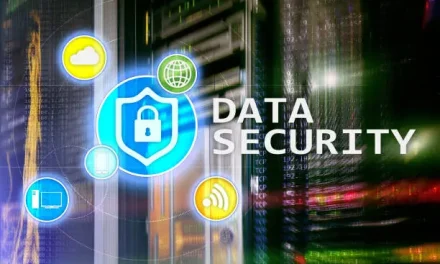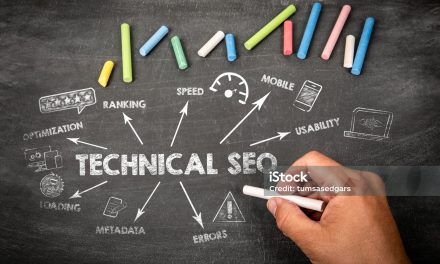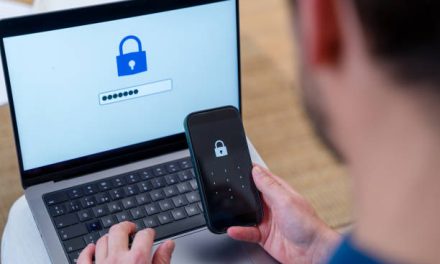In the digital era, cybersecurity has become a top priority for businesses and consumers alike. With an increasing number of cyber threats, organizations must ensure that their security measures are top-notch. However, it’s not enough to just have a robust cybersecurity strategy; businesses also need to effectively communicate their commitment to security. This is where cybersecurity marketing comes in. By using tailored marketing techniques, businesses can build trust, educate their target audience, and establish themselves as industry leaders. In this article, we’ll explore 10 cybersecurity marketing tips that will help boost your brand in 2025.
What is Cybersecurity Marketing?
Cybersecurity marketing is a specialized area of marketing that focuses on promoting products, services, or brands related to cybersecurity. This includes everything from security software and hardware to consultancy services, risk management, and compliance solutions. The goal of cybersecurity marketing is to highlight a company’s security features, demonstrate its credibility, and showcase its ability to protect against cyber threats. Given the complexity of cybersecurity concepts, effective marketing in this field requires clear communication, trust-building, and a solid understanding of the target audience’s pain points.

Top 10 Cybersecurity Marketing Tips to Boost Your Brand in 2025
1. Emphasize Trust and Transparency
When it comes to cybersecurity, trust is everything. Businesses must communicate clearly about their security practices and policies. Ensure that your marketing materials reflect a transparent approach, providing customers with detailed information about how you protect their data. This can include publishing security audits, compliance certifications, or offering clear explanations of your encryption practices. When consumers trust your brand, they’ll be more likely to choose your products or services over competitors.
2. Create High-Quality, Informative Content
Cybersecurity can be a complex subject, and many customers may not fully understand the risks they face. Content marketing is one of the most effective ways to educate your audience and position your brand as an industry authority. Create blog posts, whitepapers, case studies, and webinars that provide valuable insights into cybersecurity trends, best practices, and solutions. Ensure your content is tailored to your target audience’s knowledge level, making complex topics more accessible.
3. Leverage SEO for Cybersecurity Marketing
Search engine optimization (SEO) plays a crucial role in cybersecurity marketing. Optimizing your website and content for relevant keywords will help drive organic traffic from search engines. Focus on long-tail keywords like “best cybersecurity software for small businesses” or “how to prevent cyber attacks in 2025.” Make sure your website is fast, secure, and mobile-friendly, as Google prioritizes these factors in its ranking algorithms.
4.Utilize Social Media to Build Brand Awareness
Social media is a powerful tool for boosting your cybersecurity brand. Use platforms like LinkedIn, Twitter, and Facebook to share insightful content, industry news, and updates on your cybersecurity solutions. Engaging with your audience through social media also allows you to build relationships, answer questions, and position your brand as a thought leader in the cybersecurity space.

5. Highlight Case Studies and Success Stories
Prospective clients want to know how your solutions have worked for others. Case studies and success stories offer real-world examples of how your cybersecurity services have helped businesses stay secure. These stories build credibility and demonstrate your company’s ability to deliver tangible results. Make sure to showcase how your product or service solved specific security challenges for your clients.
6. Offer Free Cybersecurity Assessments or Tools
Offering free tools, assessments, or consultations can be an excellent way to generate leads while simultaneously showcasing the value of your cybersecurity products. For example, offering a free security audit or a vulnerability scanner will give potential customers a taste of your offerings. This not only helps educate them about the importance of cybersecurity but also builds trust and encourages conversions.
7. Develop Partnerships with Influencers and Industry Leaders
Influencer marketing isn’t just for B2C industries; it’s also valuable in cybersecurity marketing. Collaborating with influencers or industry leaders can help extend your reach and build credibility. Look for influential figures in the cybersecurity space who have a strong following and can speak to the value of your products or services. Their endorsement can go a long way in establishing your brand as a trusted authority.
8. Engage in Industry Events and Webinars
Webinars and industry events are a great way to connect with your target audience, showcase your expertise, and discuss the latest cybersecurity trends. Hosting your own webinars allows you to interact with attendees directly and answer questions in real time. Speaking at industry events or sponsoring key cybersecurity conferences can also help raise your brand’s profile within the industry.

9. Optimize Your Website for Conversions
In cybersecurity marketing, your website serves as the first point of contact with potential customers. Ensure that your website is not only informative but also optimized to convert visitors into leads. Include clear calls-to-action (CTAs), such as “Get a Free Cybersecurity Audit” or “Download Our Whitepaper,” on each page. A clean, easy-to-navigate website that offers a seamless user experience will increase the chances of converting visitors into clients.
10. Emphasize Security Features in Your Products
One of the key selling points of any cybersecurity product is its security features. Whether you offer software, hardware, or consultancy, make sure to highlight your product’s security features in your marketing materials. Discuss how your solution helps customers protect sensitive data, prevent breaches, and comply with regulations. Offering a clear breakdown of your product’s security features builds customer confidence and differentiates your brand in a competitive market.
Conclusion
Cybersecurity marketing is essential for businesses looking to thrive in a digital-first world. By implementing these 10 tips, you can establish your brand as a trusted cybersecurity expert, educate your audience, and ultimately boost your sales in 2025. Remember that in this industry, trust and transparency are key. For businesses looking to enhance their marketing efforts, Marketing Technology offers expert SEO services and content marketing strategies tailored to elevate your brand’s online presence. By staying ahead of the latest trends and adopting a customer-centric approach, you can set your brand apart and foster long-term relationships with clients. Contact us now!

Frequently Asked Questions:
1. What are the key components of cybersecurity marketing?
Cybersecurity marketing should focus on educating your audience about security risks, building trust, and showcasing your product’s security features. Important components include content marketing, SEO optimization, transparent communication, and leveraging social media to connect with your target audience.
2. How can I improve my cybersecurity brand’s online visibility?
To improve online visibility, ensure your website is optimized for search engines, engage with your audience on social media platforms, create valuable content, and use influencer marketing. Additionally, consider offering free assessments or tools to attract potential customers and increase brand awareness.
3. What are the benefits of using SEO in cybersecurity marketing?
SEO helps drive organic traffic to your website, making it easier for potential customers to find your cybersecurity products or services. By optimizing for relevant keywords and focusing on mobile-friendly, secure, and fast-loading websites, you can improve your search engine rankings and increase visibility.





